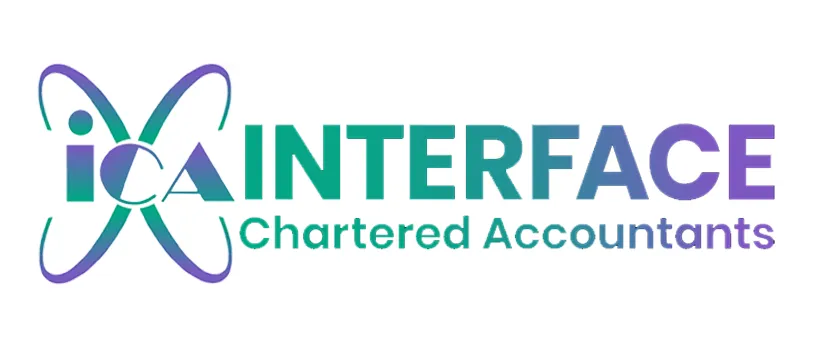Maintaining accurate accounting records isn’t just a legal obligation; it’s a cornerstone of a financially healthy and successful business. The meticulous organization of your financial data provides a clear window into your organization’s financial well-being, guiding decisions, and ensuring compliance. While the task may seem daunting, especially for those new to the process, a systematic approach can make all the difference. In this comprehensive guide, we’ll walk you through the essential steps of organizing your accounting records, shedding light on the nuances and benefits that come with this crucial practice.
Unveiling the Essence: Accounting Records and Bookkeeping
At its core, the act of organizing your accounting records is synonymous with bookkeeping. This fundamental process involves systematically recording and categorizing financial transactions, serving as the bedrock of effective financial management. Particularly for annual accounts and self assessment returns, well-organized records pave the way for seamless reporting and compliance.
Unraveling the Basics of Accounting
Before diving into the art of organizing accounting records, it’s wise to grasp the basics of accounting principles. Familiarize yourself with concepts like debits and credits, chart of accounts creation, and the organization of various expense categories. If you’re new to the realm of accounting, consider enrolling in an online course or engaging in further self-study to build a solid foundation.
Choosing the Right Digital Ally: Accounting Software
With the advent of digital transformation, accounting software has become an invaluable tool for efficient record-keeping. Embracing HMRC’s digital mandate, the transition to digital accounting records has become a necessity, especially given the online nature of modern business transactions. Software options like QuickBooks, Xero, and Sage offer a spectrum of solutions tailored to your business needs, whether its VAT return, tax return management, bookkeeping services, payroll services, or maintaining a business address.
Building the Framework: Establishing a Chart of Accounts
A chart of accounts serves as the backbone of organized accounting records. It’s essentially a comprehensive list of accounts chosen by your business. These accounts encompass revenue, expenses, assets, liabilities, and equity. Creating a robust chart of accounts provides a structured roadmap for categorizing financial transactions.
The Power of Consistency: Regular Transaction Entry
Consistency is the linchpin of effective accounting. Regularly updating your accounting records ensures that your financial data remains current, accurate, and reliable. Timely recording of transactions is pivotal to maintaining an organized financial trail throughout the fiscal year. This consistency simplifies the reconciliation process and expedites the preparation of financial statements and tax returns.
Ensuring Alignment: Reconciliation and Accuracy
A crucial step in the organization of accounting records is reconciling them with external sources such as bank statements. Regular reconciliation ensures the alignment of your records with real-world transactions, helping identify errors, discrepancies, or anomalies at an early stage. This practice upholds the integrity of your financial data and underscores your commitment to sound accounting practices.
Safekeeping Your Financial Fortunes: Backup and Security
In the digital age, the importance of data backup and security cannot be overstated. Regularly backing up your accounting records is a safeguard against the unexpected – be it technological glitches, crashes, or unforeseen circumstances. By preserving your financial data, you shield your business from potential setbacks and ensure that your hard work remains intact.
The Sentinel of Security: Storing Records Safely
Backed-up records require secure storage. Whether physical or digital, the confidentiality of your accounting records is paramount. Employ robust security measures to safeguard sensitive financial information from falling into the wrong hands. Cloud-based accounting software solutions offer secure storage options, bolstered by stringent security protocols.
In the intricate tapestry of business success, the organization of accounting records stands as a guiding thread. As a diligent business owner, the maintenance of organized and accurate records reaps rewards in the form of streamlined operations, compliance assurance, and enhanced financial acumen. By staying attuned to the latest accounting principles and leveraging suitable software, you unlock the potential for seamless record-keeping and elevate your business toward financial prosperity. For expert guidance and support in this crucial endeavor, reach out to Interface Accountants, your dedicated partner in navigating the realm of organized accounting records.
 Skip to content
Skip to content

